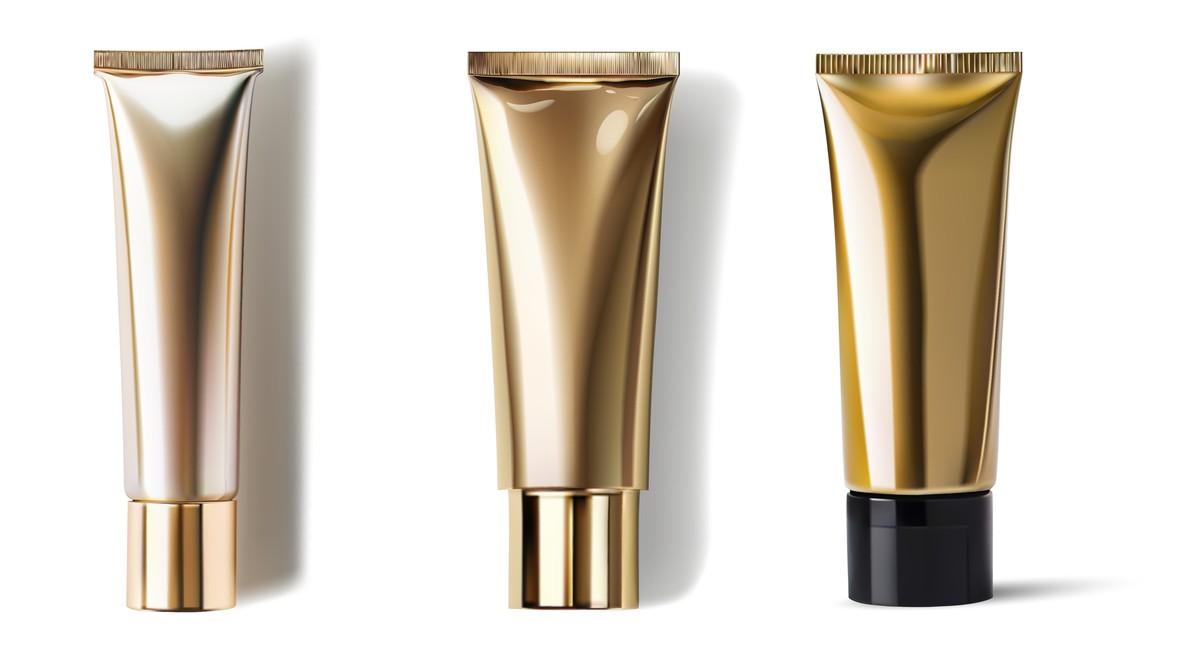The cosmetics industry is one of the fastest-growing sectors globally, driven by increasing consumer demand for beauty and personal care products. For businesses aiming to enter this lucrative market, ensuring compliance with regulatory requirements is paramount. One of the critical steps for manufacturers and importers in this sector is obtaining FDA registration for cosmetics. This article delves into the importance of FDA registration, the process involved, and the benefits it offers to businesses.
What is FDA Registration for Cosmetics?
FDA registration for cosmetics refers to the voluntary process of registering cosmetic manufacturing establishments and listing cosmetic products with the U.S. Food and Drug Administration (FDA). While the FDA does not require mandatory pre-market approval for cosmetics, certain compliance measures are essential to ensure product safety and quality. By registering with the FDA, companies demonstrate their commitment to adhering to regulatory standards and protecting consumer health.
Why is FDA Registration for Cosmetics Necessary?
- Consumer Safety: FDA registration helps ensure that cosmetics are manufactured under safe and hygienic conditions, minimizing risks to consumer health.
- Market Access: For companies planning to sell cosmetics in the U.S., FDA registration establishes credibility and simplifies market entry.
- Regulatory Compliance: Although cosmetic products do not need FDA approval, they must comply with the Federal Food, Drug, and Cosmetic Act (FD&C Act) and the Fair Packaging and Labeling Act.
- Building Trust: Registered establishments signal transparency and reliability, fostering consumer trust and confidence in the brand.
- Facilitating Product Recall: In case of safety issues, FDA registration streamlines the process of tracking and recalling products, safeguarding public health.
Who Needs FDA Registration for Cosmetics?
- Manufacturers: Companies producing cosmetics for the U.S. market are encouraged to register their facilities with the FDA.
- Importers: Businesses importing cosmetics into the U.S. must ensure that their products comply with FDA regulations, including registration.
- Distributors: While not mandatory, distributors can benefit from selling products manufactured by FDA-registered establishments, as it adds a layer of assurance to their offerings.
Process of FDA Registration for Cosmetics
- Establishment Registration: Cosmetic manufacturers and processors can voluntarily register their facilities under the FDA’s Voluntary Cosmetic Registration Program (VCRP).
- Product Listing: Businesses can list their cosmetic products with the FDA to provide information about product ingredients and formulations.
- Labeling Compliance: Ensure that all products meet FDA labeling requirements, including accurate ingredient declarations and appropriate warnings.
- Good Manufacturing Practices (GMP): Adhering to GMP guidelines is crucial for maintaining product safety and quality.
- Documentation: Maintain detailed records of product formulations, manufacturing processes, and safety assessments to comply with FDA inspections.
Benefits of FDA Registration for Cosmetics
- Enhanced Credibility: FDA registration boosts the brand’s reputation, signaling adherence to high safety and quality standards.
- Consumer Confidence: Customers are more likely to trust products from FDA-registered establishments, enhancing brand loyalty.
- Global Recognition: FDA registration is recognized internationally, facilitating expansion into other regulated markets.
- Risk Mitigation: Compliance with FDA guidelines minimizes the risk of legal issues, product bans, or recalls.
- Competitive Advantage: Being FDA-registered sets your brand apart in a competitive market, attracting more distributors and retailers.
Common Challenges in FDA Registration for Cosmetics
- Complex Regulations: Understanding and navigating the FDA’s regulatory framework can be challenging, especially for new businesses.
- Labeling Requirements: Ensuring compliance with detailed labeling guidelines demands meticulous attention to detail.
- Ingredient Restrictions: The FDA restricts certain ingredients in cosmetics, requiring companies to stay updated on regulatory changes.
- Cost and Time: The registration process, along with maintaining compliance, involves financial and time investments.
Key Considerations for FDA Registration for Cosmetics
- Voluntary Nature: While FDA registration is not mandatory for cosmetics, it’s a proactive step that demonstrates a commitment to safety and quality.
- Safety Assessments: Conduct thorough safety testing for all products to avoid regulatory issues or consumer complaints.
- Regular Updates: Update product listings and registration information regularly to reflect any changes in formulations or manufacturing processes.
- Third-Party Assistance: Engage regulatory consultants to simplify the registration process and ensure full compliance with FDA guidelines.
Conclusion
FDA registration for cosmetics is a critical step for businesses aiming to establish a foothold in the competitive beauty and personal care industry. While it is a voluntary process, it offers significant advantages, from building consumer trust to facilitating market access. By adhering to FDA regulations, companies can ensure the safety, quality, and reliability of their products, paving the way for long-term success in the cosmetics market. Whether you’re a manufacturer, importer, or distributor, investing in FDA registration is a valuable move toward achieving regulatory compliance and gaining a competitive edge.





Comments